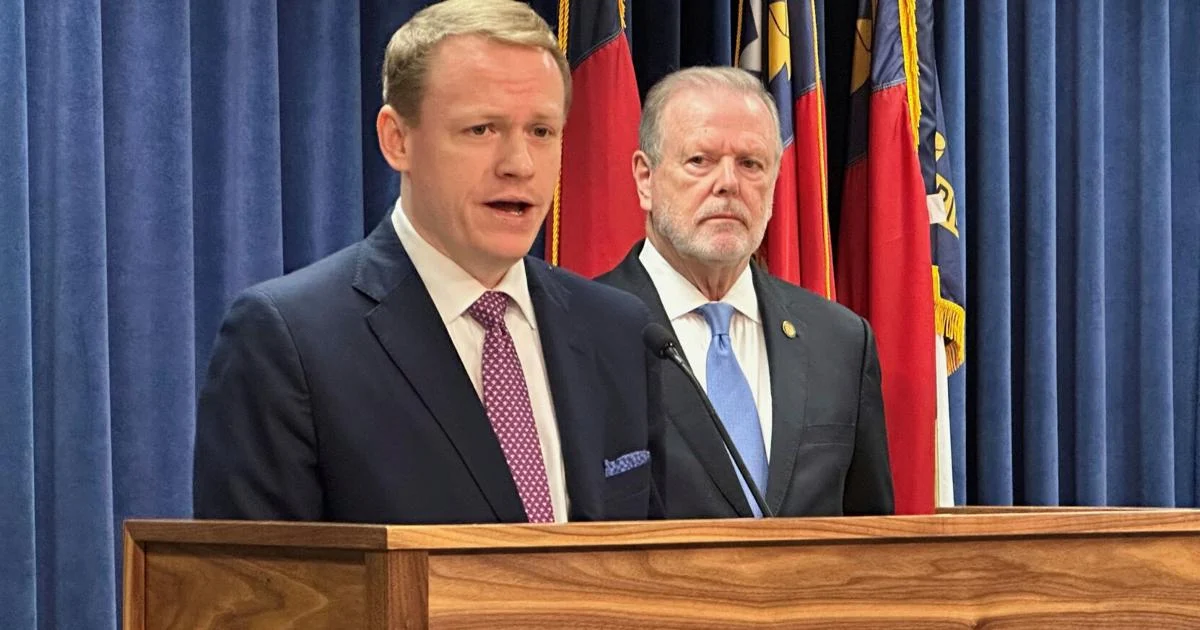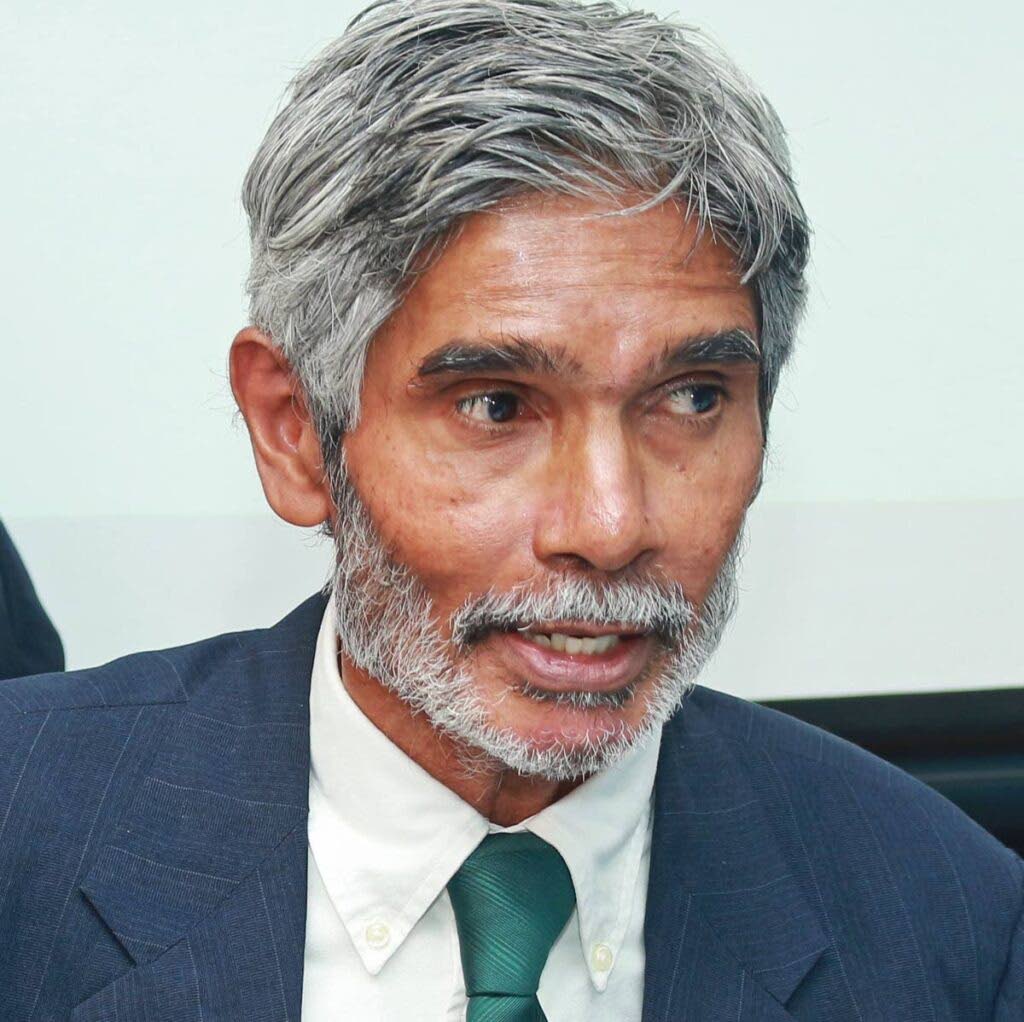
The N.C. Senate wants all in on its legislation that’s designed to limit potential state Medicaid funding cuts slated to take effect Oct. 1.
The Senate passed its revamped version of House Bill 562 by a 47-0 vote. The bill has been sent to the House for consideration.
Meanwhile, the N.C. House is set to address its revamped version of Senate Bill 403 during the 10 a.m. Tuesday meeting of its gatekeeper Rules and Operations committee. It is likely SB403 will be voted on during Tuesday’s House floor session.
House and Senate Republican budget negotiators have struggled to reach an overall compromise on the delayed 2025-26 state budget.
As a result, state health officials are preparing to implement up to $319 million in Medicaid cuts required in large part by passage of the controversial “One Big Beautiful Bill” by Congress.
The second extra session of the 2025 session is scheduled to last through Thursday.
The issue at hand is what is known as the Medicaid rebase: the funding required to both maintain current services and payment rates to providers caring for Medicaid-eligible patients.
About 3 million North Carolinians benefit from Medicaid services, including 680,085 expansion enrollees as of Sept 2. The goal set for Medicaid expansion enrollees was 600,000.
The most recent estimate is the need for a $919 million Medicaid rebase, of which the legislature provided $600 million in House Bill 125, the primary “mini-budget” bill passed in response to the state budget bill delay.
“The fact that the House and Senate are unveiling competing plans — rather than one compromise bill — suggests that a deal this week is unlikely,” said Mitch Kokai, senior policy analyst with conservative think tank John Locke Foundation.
“Both chambers see a need to publicize their priorities. It’s not clear that they see an urgent need to finalize a piece of legislation to send to the governor.”
Senate legislation
The Senate’s revamping of House Bill 562 would add $90 million to the Medicaid rebase and provide separate funding for administrative needs.
HB562 also would require DHHS to eliminate vacant positions to achieve savings of nearly $34 million.
DHHS also would be required to develop a plan to improve health outcomes, program integrity, cost savings, and efficiency measures for Medicaid.
“This proposal balances our need to address current Medicaid funding concerns while finding ways to keep spending in check,” Senate Appropriations chairmen Brent Jackson, R-Sampson, Ralph Hise, R-Mitchell, and Michael Lee, R-New Hanover, said in a joint statement.
HB562 also includes the last round of funding for both the N.C. Care initiative and the N.C. Children’s Hospital, as outlined in the 2023-25 state budget.
The N.C. Care initiative supports rural hospitals and helps establish three rural care centers. The House and Senate previously approved $420 million for N.C. Care projects. HB562 would release $105 million to fulfill the final obligation.
State legislative analysts say another factor is House and Senate negotiations over funding levels for the planned children’s hospital in Apex.
According to Raleigh TV station WRAL, about $216 million in taxpayer funds has been spent, and another $639 million is under consideration through June 30, 2027.
N.C. Sen. Lisa Grafstein, D-Wake, recommended taking up the children’s hospital funding separately if it is the main source of conflict with the House legislation “in order to get the Medicaid rebase cleared as quickly as possible.”
House funding gap plan
House speaker Destin Hall, R-Caldwell, said the House’s version of SB403 is “a plan to fully fund the state’s Medicaid rebase, while protecting teacher and state employee pay raises and avoiding new provider rate cuts.
“This plan is the result of close collaboration between the House, executive branch and other stakeholders.”
The House plans to provide an additional $192 million, raising the funding total to $792 million, but still $127 million short of the projected shortfall.
“House Republicans have put forward a fiscally responsible plan that fully funds Medicaid, strengthens efficiency and accountability, and protects patients and taxpayers,” said Rep. Larry Potts, R-Davidson.
“We are committed to moving this plan forward without letting unrelated budget items get in the way.”
SB403 features what Hall calls “targeted offsets and funding transfers” that include:
A vacant position cut at the N.C. Department of Health and Human Services.
A 5% flexible vacant position cut across other gubernatorial state agencies.
Ending Medicaid coverage of GLP-1 drugs for weight-loss only with coverage remaining for federally required medical diagnoses with a potential $34 million savings. The Senate legislation does not include ending the coverage.
Directing the state auditor to review SNAP and Medicaid redetermination processes at the state and county levels to help reduce backlogs.
Requiring NCDHHS to work in collaboration with the auditor’s office to establish standards for timeliness and accuracy for Medicaid redeterminations and an enforcement mechanism for county compliance with the newly set standards.
“Our plan is the responsible way forward by avoiding DHHS’ politically motivated cuts and ensuring stability for patients who need it most,” said Rep. Donny Lambeth, R-Forsyth.
“The alternative is for the governor to hold off on the reductions and continue to work with the General Assembly on a better solution.”
The Medicaid rebase funding gap is a byproduct of the state legislature not providing enough funding to meet the state’s portion, said John Quinterno, principal with South by North Strategies Ltd., a Chapel Hill research company specializing in economic and social policy.
“The state managed to fill that gap using certain kinds of one-time funding like COVID assistance, but those funds are gone,” Quinterno said. “The recently enacted congressional megabill will create additional pressures on the program.”
Quinterno cautioned that “any action taken this week will be short-term in nature and help to maintain services and the rates paid to providers.”
“There will remain long-term challenges that will need to be addressed via the enactment of a permanent budget and long-term planning to respond to changes in costs and changes in federal policy.
“Doing this in a sustainable manner, however, would most likely require the pausing, if not reversal, of various scheduled tax cuts” for corporations and individuals.
rcraver@wsjournal.com
336-727-7376
@rcraverWSJ
Get Government & Politics updates in your inbox!
Stay up-to-date on the latest in local and national government and political topics with our newsletter.
* I understand and agree that registration on or use of this site constitutes agreement to its user agreement and privacy policy.
Richard Craver
Get email notifications on {{subject}} daily!
Your notification has been saved.
There was a problem saving your notification.
{{description}}
Email notifications are only sent once a day, and only if there are new matching items.
Followed notifications
Please log in to use this feature
Log In
Don’t have an account? Sign Up Today



